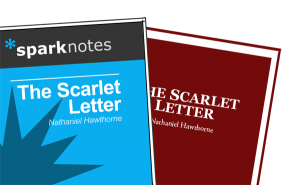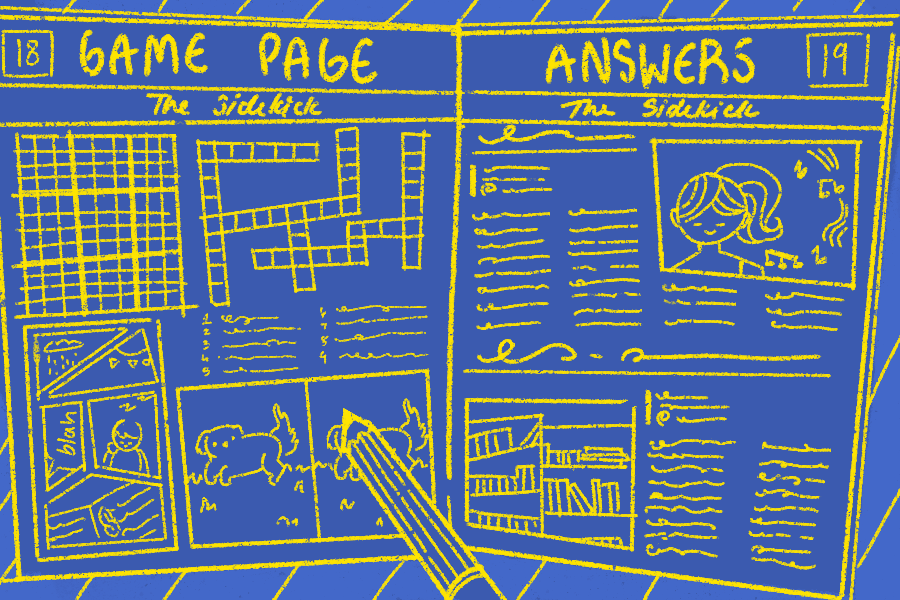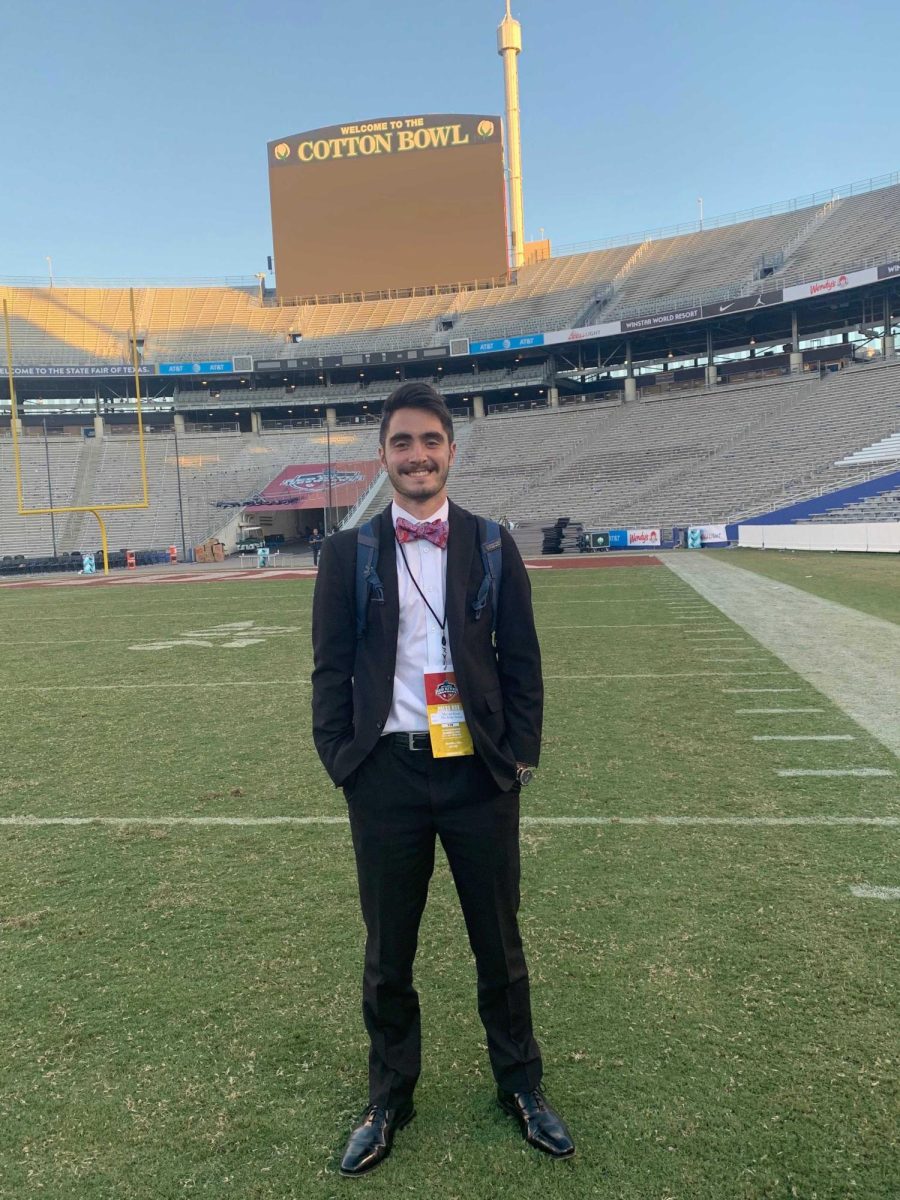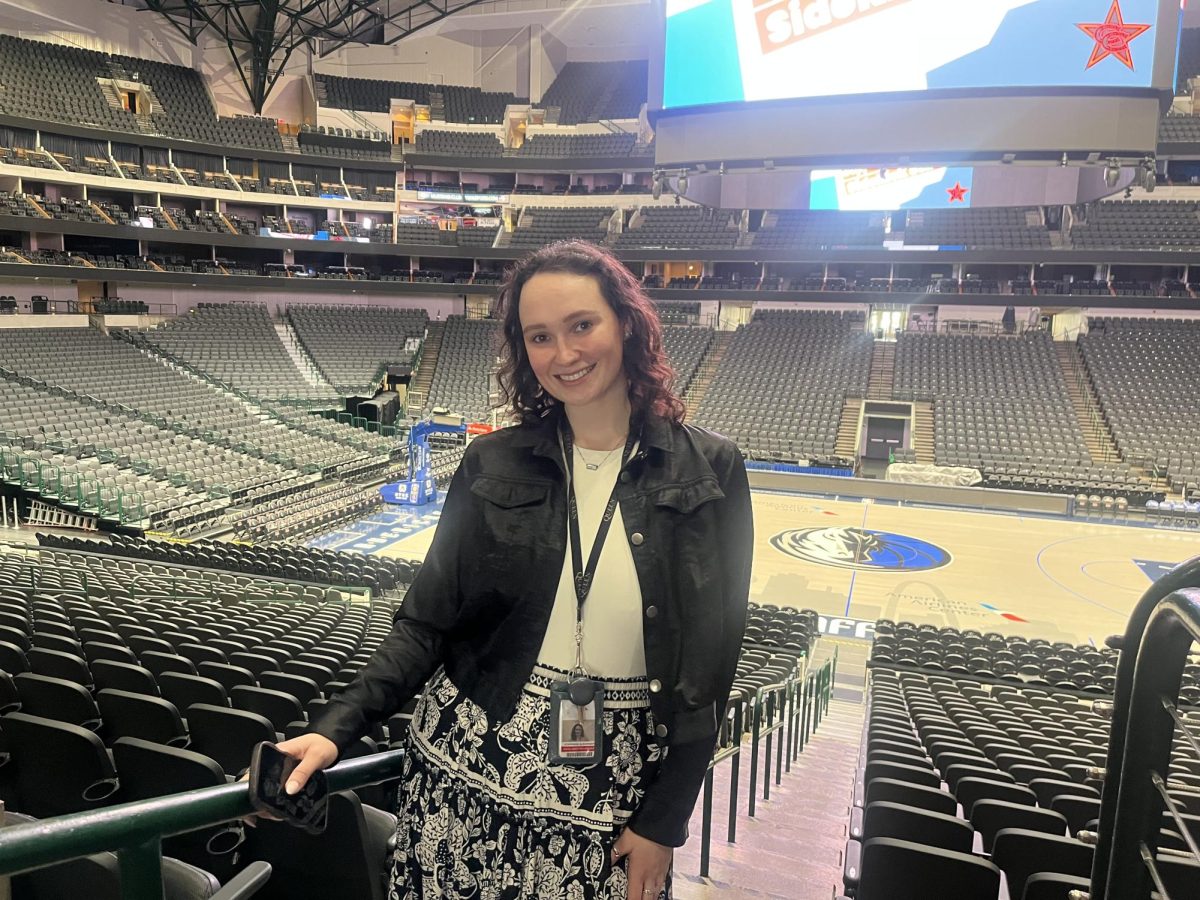By John Loop
Staff Writer
On the morning of a big reading comprehension test, students in high schools across the nation turn to the online book summarization source Sparknotes for late minute cramming.

In this age of ever-changing technology, typical high school English students are moving away from the traditional pattern of in-class novels, and more towards the easily understood version on Sparknotes.
English teachers on the CHS campus, including EMAC Academy English teacher Clara Caussey, said Sparknotes is a valuable resource for deciphering difficult texts, but it doesn’t make up for reading the actual novel.
“When we do Shakespeare in here, most of the kids think ‘Oh, this is just too hard,” Caussey said.
Sparknotes was first created as an online dating site, but its owners, Harvard students Sam Yagan, Max Krohn, Chris Coyne and Eli Bolotin, realized its audience was mainstream high school and college students, and the purpose of the site was not as beneficial to the targeted market.
They then changed the design and the intention of the site to something more appealing and more susceptible to the everyday high school audience. The first six of the now thousands of classic and novelty texts were published to the site shortly after, which were Julius Caesar, A Doll’s House, The Iliad, Macbeth, The Scarlet Letter and A Tale of Two Cities.
At first, many students were skeptical that the authors were writing legitimately, but they soon caught on.
According to the Sparknotes website, the philosophy is not that much different from the majority of the teachers’ opinions. Although stated plainly on the site that Sparknotes is not to be associated with any type, form or fashion of cheating, students still abuse that rule.
“I look at cheating in layers,” Caussey said. “If you use the summaries as a way to get around reading the novel, then you are only cheating yourself.”
Caussey thinks Sparknotes and its multitude of short chapter summaries only helps on tests that are fill-in-the-blank and multiple choice tests if you need to provide a sequence of events, or details on a certain part in the book.
“When I ask my students to do a more in-depth test or assessment on a specific book where they need to include multiple pieces of, textual evidence, it won’t help if you just read the summaries,” Caussey said.
Within the large population of everyday readers, many prefer to go by the site instead of the actual novel because of time constraints.
This leads to less and less library traffic to check out the classics.
“I’d hope that students are not taking advantage of Sparknotes and limiting themselves by not reading their assigned books,” CHS librarian Michael Cooke said. “However, librarians are eternal optimists.”
A great example of this would be students who are in AP level English, like senior Jahnavi Udaikumar, who is swamped with homework and barely enjoys reading for pleasure because of the rigor of the coursework.
“We all know that, with all the AP courses and the workload, there really is no time to sit down, relax, and read a good book for pleasure, let alone read it for an assignment,” Udaikumar said.“When resources such as Sparknotes are available to them, students will use those resources to their advantage opportunity.”
Udaikumar also said her GT/AP English teacher Matt Bowden is in consensus with many others on the school grounds and in the nation.
“My English teacher does not consider Sparknotes a resource because as we all know, most kids are likely to just not read the book and use Sparknotes and be done with it,” Udaikumar said.
However, she does think that, in time, there could be a resolution.
“If we truly committed ourselves and promised to read the book in the long run, maybe our teachers would be willing to change their minds,” Udaikumar said.
Both Dante’s Inferno and Shakespeare’s Twelfth Night are recommended to read on Sparknotes by Udaikumar. She says that these books do not use a familiar English tongue or the type of colloquial tone that can be related by teens used by teens or students today, making it progressively harder to understand as a student reads further into the novel.
Many sophomores in Pre-AP English II are complaining about William Golding’s 1954 classic Lord of the Flies, because of the jumpy plot.
“I am willing to give them a crutch to help develop their higher level thinking skills.” Caussey said.









